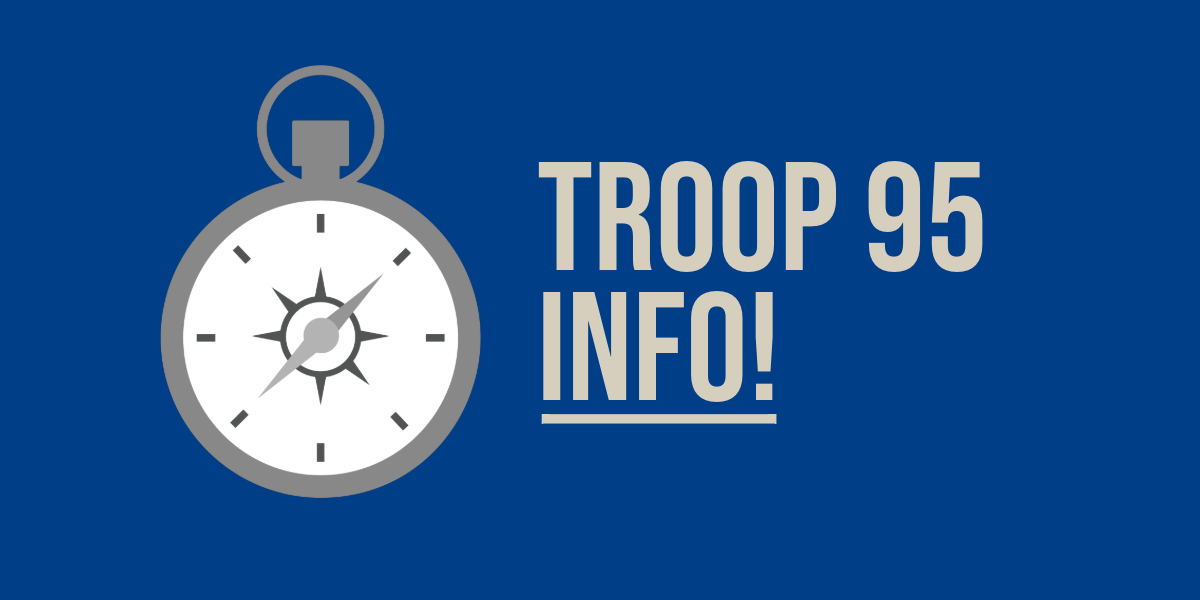What is Scouts BSA? Scouts BSA is a program for boys and girls in gender-separate units who meet one of the following criteria:
- Have completed the fifth grade and are at least 10 years old,
- Have earned the Arrow of Light and are at least 10 years old
- Are 11 years old but have not reached age 18.
It is designed to achieve Scouting’s objectives through a vigorous outdoors program and peer group
leadership under the guidance of an adult Scoutmaster.
The Aims of Scouting are Character Development, Citizenship Training, Physical and Mental Fitness,
and Leadership Development. Scouting uses eight methods to achieve these aims. They are:
- Ideals -The ideals are spelled out in the Scout Oath and Scout Law. Scouts measure themselves against these ideals and continually try to improve.
- Personal Growth –As they follow the Scout Oath and Scout Law, plan their activities, and progress toward their goals, Scouts grow as individuals of good character.
- Association With Adults –Responsible adult leaders serve as positive role models, and Scouts learn by observing how those leaders conduct themselves.
- Leadership Development –Scouts are given repeated opportunities to learn leadership skills and put them into action while serving others.
- Patrol Method –The patrol method gives each Scout an opportunity to share responsibility, exercise good judgment, and develop participating citizenship. The patrol is the basic unit of Scouting.
- Outdoors –It is in the outdoor setting that Scouts put a variety of skills into action, while having all kinds of fun.
- Advancement –The advancement program provides Scouts with opportunities to gain understanding, learn useful skills, and receive recognition.
- Uniform –The uniform is more than a place for the proper display of patches and badges. It gives the Scout identity in a world brotherhood that believes in the same ideals.
As Scouts face the challenge of working together in the outdoors, they gain confidence in their ability to take care of and to make positive decisions about themselves. An advancement program guides them into skills, knowledge and attitudes to help them now and in the future. Advancement is recognized through rank attainment and in Troop activities.
How Scouts BSA Differs from Cub Scouting You may be surprised at how different Scouts BSA is from Cub Scouting. Here are some key contrasts:
- Cub Scouts program is:
- Family-centered
- Adult run- adults plan all activities, and most activities lend themselves to full family participation
- Adults conduct all Cub Scout advancement.
- Cub Scout camping is usually limited, even for Webelos
- Scouts BSA program is:
- Scout-led – the leaders are the Scouts, elected by their peers
- Scouts plan all activities (with adult guidance)
- Scouts camp and function as Patrols under their own peer elected leadership. Camping is at the very heart of the Scouts BSA program.
Advancement requires more initiative and participation from the Scouts. Each Scout guides and has almost total control over his own advancement. He will do this on an individual basis with senior Scouts and with a number of different adult leaders.
Here is how you can help keep Troop 95 strong:
- Encourage your son to participate, to go to meetings, campouts, summer camp, and other Scout outings. These are the places where the Scouts learn the skills.
- Encourage your son to wear the scout uniform with pride.
- Become an Assistant Scout Master. Mentoring Scouts is the most important and rewarding aspect of parent support for the Troop.
- Be a committee member and take on some of the work of the troop - the Committee Chair is the contact person for this area.
- Attend outings with your son. Helping hands are often needed!
- Organize and run a fundraiser event. Summer camp can be very expensive and we want to defray all or part of the costs so that anyone who wants to attend camp may attend.
- Serve on a Board of Review as needed throughout the year. This is a formal opportunity for the Scout to voice his goals and reflect on his Scouting experience. Parents are needed to participate in this process, and no experience is required.
- Become a Merit Badge counselor. If you have a special skill or hobby and feel qualified to help teach small groups of Scouts about that skill, you may sign up with the Council as a counselor which would make you qualified to teach and grant some merit badges to our boys. You are limited to seven badges. You may also make your credentials set so that you would only work with Troop 95 Scouts if you wish or you may work with Scouts from other troops as well. See the Scoutmaster or Committee Chair for additional information on being a merit badge counselor.
- Help with transportation to and from outings.
